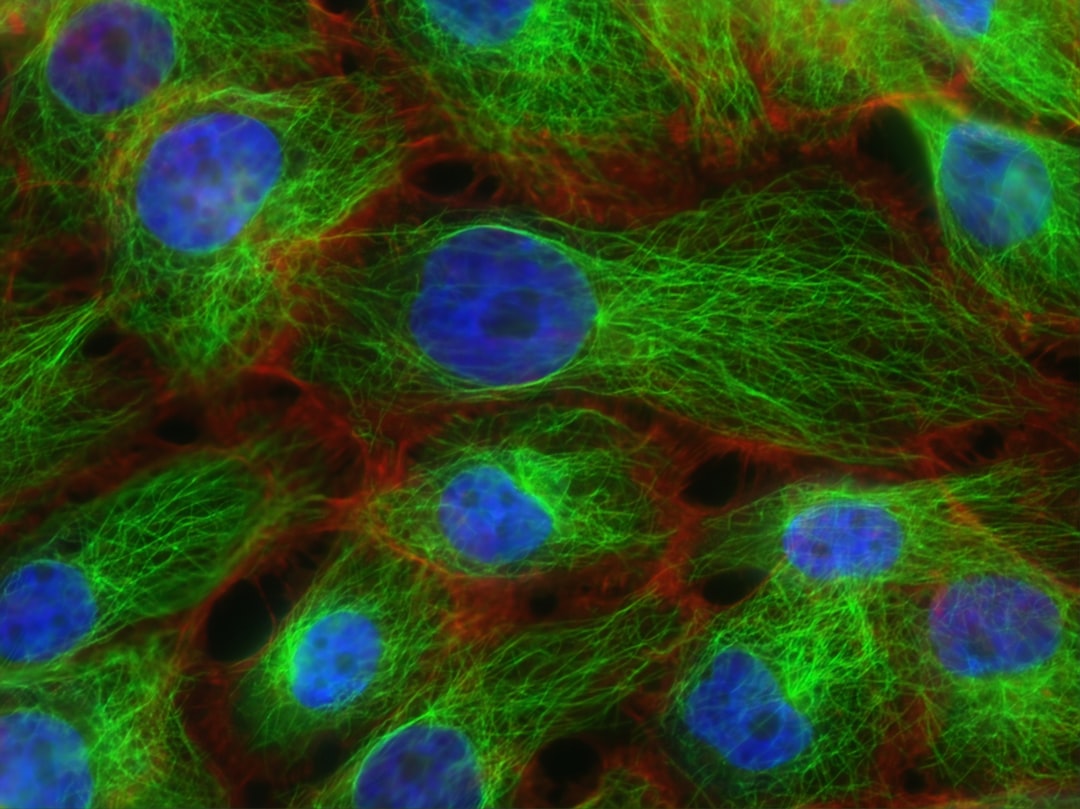What is it about?
Opioid agonist treatment is the most effective strategy to treatment opioid use disorder and over 80% of people who enter treatment have a concurrent mental disorder. We have shown that opioid agonist treatment and concurrent mental health services can improve clinical outcomes for complex patients, and is associated with enhanced use of acute care services.
Featured Image

Photo by Marcel Strauß on Unsplash
Why is it important?
This work is oriented towards filling a substantial knowledge gap in the literature for the treatment of concurrent opioid use and mental disorders on a population level. Thus, providing clinicians and organizations strategies to improve outcomes for some of the most clinically complex patients and ultimately reduce the high economic, social and health burden attributable to opioids in Canada.
Perspectives
I hope this article helps to close the gap between mental health and addiction treatment. Mental health and substance use disorders co-exist within our population, however, the health system treats both conditions separately. Mental health and substance use is an issue that touches most if not all Canadians, therefore, I hope this can help change the conversation around the disconnection between mental health and opioid use disorder.
Kristen Morin
Northern Ontario School of Medicine
Read the Original
This page is a summary of: Evaluating the effectiveness of concurrent opioid agonist treatment and physician-based mental health services for patients with mental disorders in Ontario, Canada, PLoS ONE, December 2020, PLOS,
DOI: 10.1371/journal.pone.0243317.
You can read the full text:
Contributors
The following have contributed to this page










